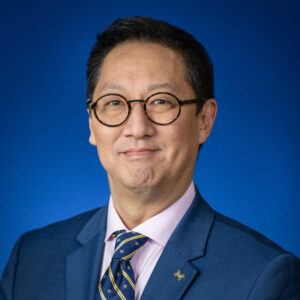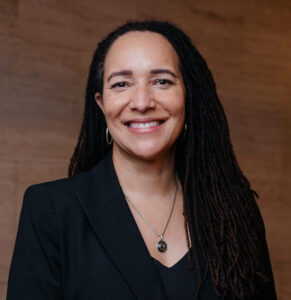About
Join us for this year’s DEI Summit, featuring our annual community assembly, community open house, DEI 2.0 plan information session, and more. Our DEI 2.0 plan, marking the university’s second five-year strategic effort, is set to launch in 2023. The transition has been a two-year process: In 2021, we undertook a comprehensive evaluation of the efforts made under DEI 1.0. The subsequent year, 2022, was dedicated to meticulously planning for our next strategic chapter: DEI 2.0. As we now move forward into 2023, we will witness the culmination of our collective efforts and valuable community input, as we inaugurate the DEI 2.0 plan at this year’s anticipated DEI Summit.
Watch
DEI Community Assembly (Oct. 9)
DEI 2.0 Information Session (Oct.18)
Events

Community Assembly
Monday, October 9, 2023 | 10 – 11:30 am
Power Center for the Performing Arts/Livestream

Community Open House
DEI 2.0 Launch
Monday, October 9, 2023 | 4 – 6 pm
Regents’ Plaza and LSA Atrium

DEI 2.0 Plan Information Session
Wednesday, October 18, 2023 | 3 – 4:30 pm
Michigan League Ballroom | Watch Online

Hearsdustin @ UM: Creating a Community Where We Overcome Adversity With a Positive Mental Attitude
Thursday, October 19, 2023 | 3 – 4 pm
Weiser Hall 1010
For Disability Community Month 2023 (October), the Council for Disability Concerns, Disability Culture @ U-M, LSA Disability Navigators, and Student Accessibility and Accommodation Services are partnering in an effort to bring Dustin Giannelli of HearsDustin, a profoundly Deaf motivational speaker, to campus. We aim to bring attention to Deaf and Hard-of-Hearing experiences, as well as steps our community can take to create more inclusive spaces and activities on campus.
Speakers

David Banner
Grammy-nominated Hip-Hop Artist and Activist

Rapsody
Grammy-nominated Hip-Hop Artist

andré douglas pond cummings
Author & Distinguished Professor

Santa J. Ono
President of the University of Michigan

Laurie McCauley
Provost of the University of Michigan

Tabbye Chavous
Vice Provost for Equity & Inclusion and Chief Diversity Officer of the University of Michigan
More
Learn more about previous DEI Summit events at the University of Michigan.

